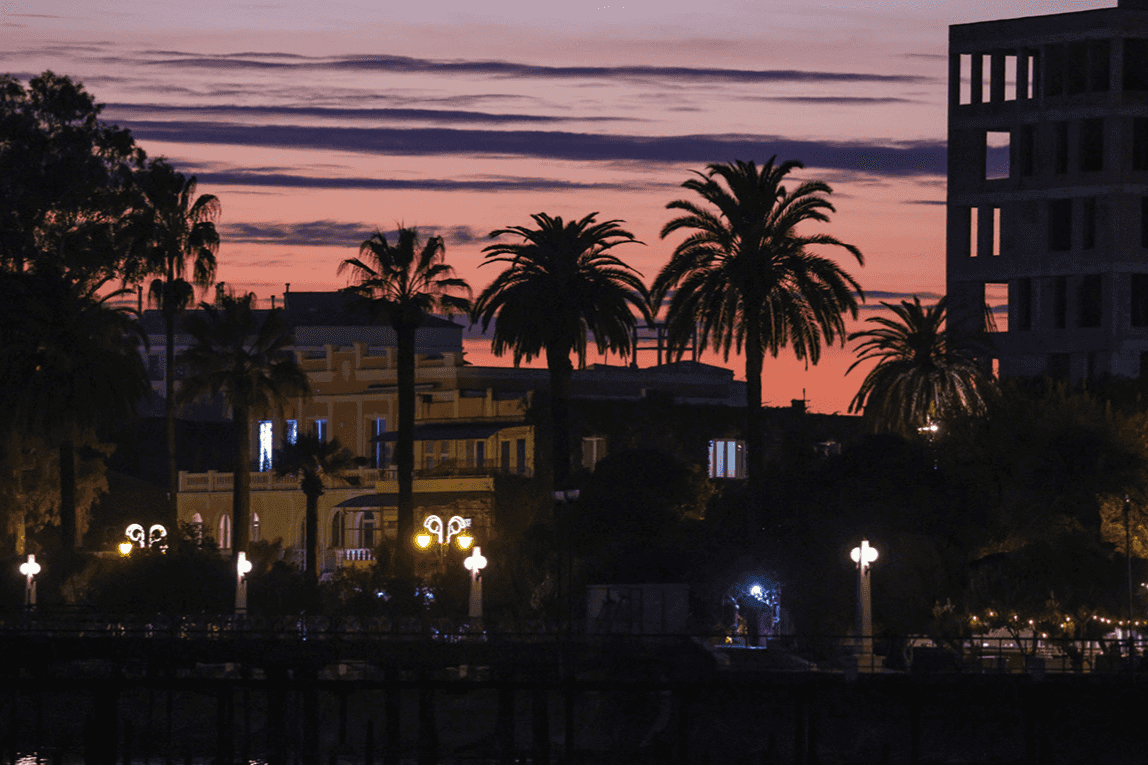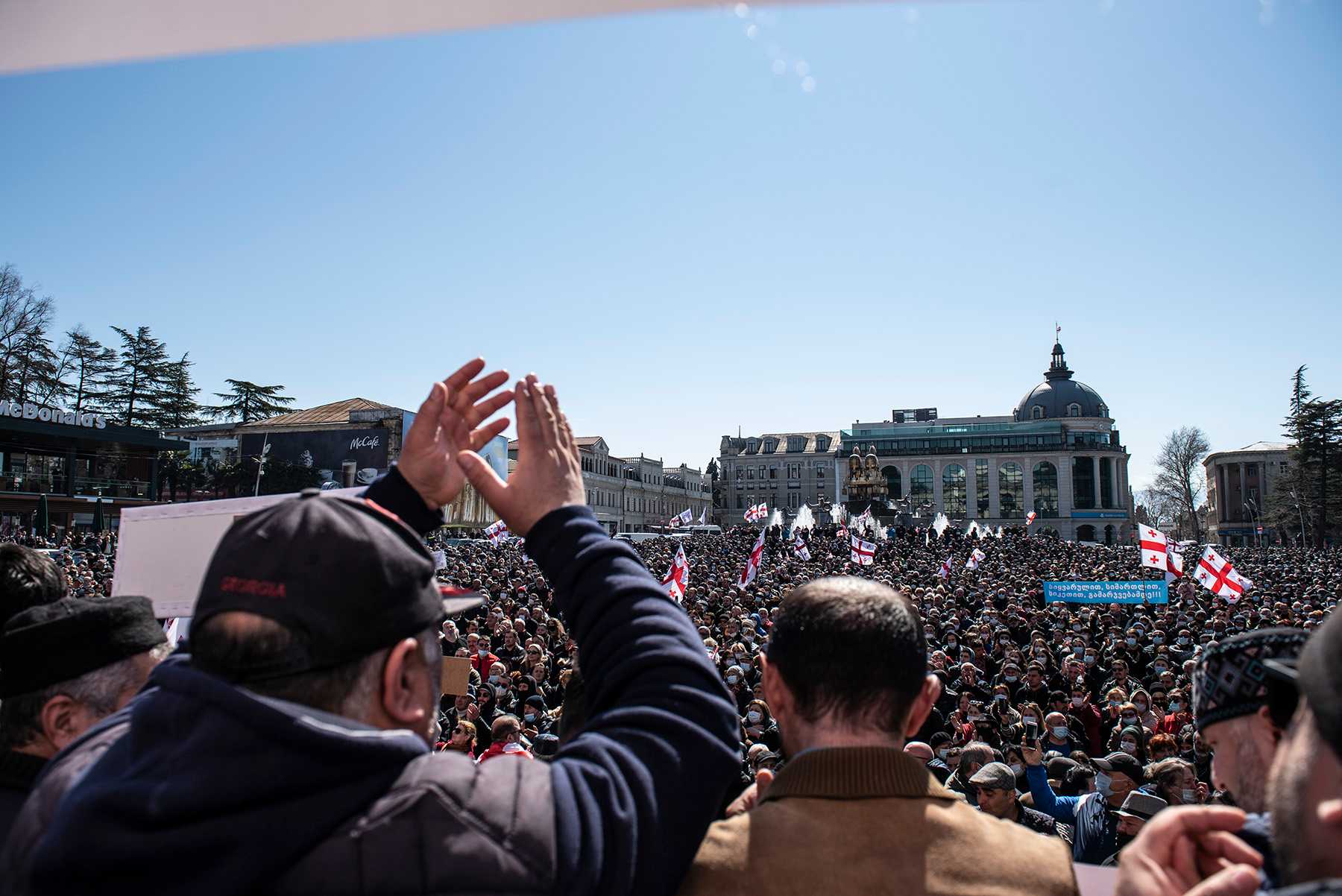
Will Abkhazia be able to avoid an energy collapse this winter?
Abkhazian authorities promise they won’t allow a collapse of the energy grid this winter. But can they deliver?

Abkhazian authorities promise they won’t allow a collapse of the energy grid this winter. But can they deliver?

Abkhazia has introduced daily six-hour power cuts following significant damage to a section of the Enguri (Ingur) hydroelectric power plant and insufficient Russian-provided electricity. The Enguri hydroelectric power plant (HPP) is located along the boundary between Abkhazia and Georgia, with Sukhumi (Sukhum) and Tbilisi sharing the power plant’s output. The authorities in Abkhazia increased the number of hours of daily blackouts from four to six hours on Sunday, after they suspended the E

A number of senior Abkhazian officials attended a meeting with Georgian representatives of the Ingur (Enguri) hydropower plant on 22 December, prompting public condemnation in Abkhazia. Kristina Ozgan, Abkhazia’s Deputy Prime Minister and Economy Minister, led the Abkhazian delegation. As news spread of the delegation’s visit, several of Abkhazia’s opposition figures criticised the meeting’s secretive nature. The Ingur dam and hydroelectric power station is the main source of electricity

Georgia generates a staggering 85% of its electricity through hydropower plants; however, while further exploitation of Georgia’s hydropower potential sounds promising on paper, local activists and researchers say that a lack of feasibility and safety research before the construction of hydropower plants could pose significant risks. This week on the Caucasus Digest, Hannah O’Sullivan, an energy researcher, talks about the present and future role of hydropower in Georgia.

On Sunday, thousands gathered in the central Georgian city of Kutaisi to protest the construction of the nearby Namakhvani hydropower project. The main demand of the protesters, who have been rallying intermittently for the last 141 days, is for the Georgian government to cancel its ‘unlawful’ decision to support the construction of the Namakhvani hydropower plant. An additional and more recent demand is the resignation of Economy Minister Natia Turnava. [Read on OC Media: Activists prot

Thousands have turned out to protest in Kutaisi against the construction of the nearby Namakhvani hydropower project Protesters gathered on the west-Georgian city’s central square on Sunday calling on the authorities to revisit their ‘unlawful’ decision to support the project. Opponents have vowed to ‘picket’ the city in two weeks time if their demand is not met. ‘If they don’t take into account today’s meeting and what is happening here, we’ll agree to gather again in two weeks’, Varlam Gol

A planned $800 million hydropower project in the Tskaltubo and Tsageri municipalities, the largest in the country, is meeting resistance from residents of the Rioni River valley. On 22 November, opponents of the Namakhvani HPP Cascade Project gathered outside the offices of Enka Renewables in Zhoneti, a village 20 kilometres north of the capital of Imereti, Kutaisi. They demanded that the company drop their plans to construct the dam. ‘We have been protesting for the last three years, but